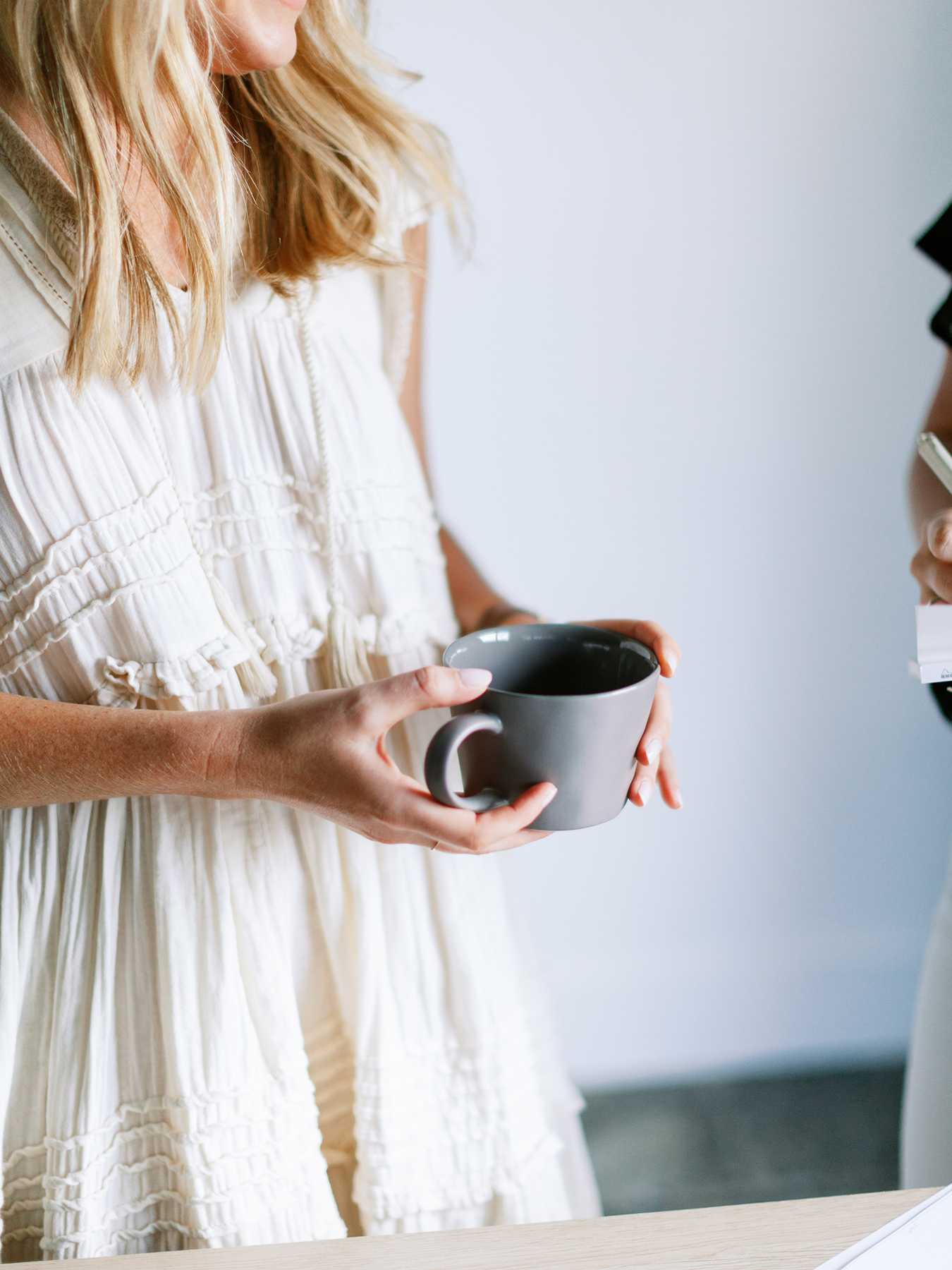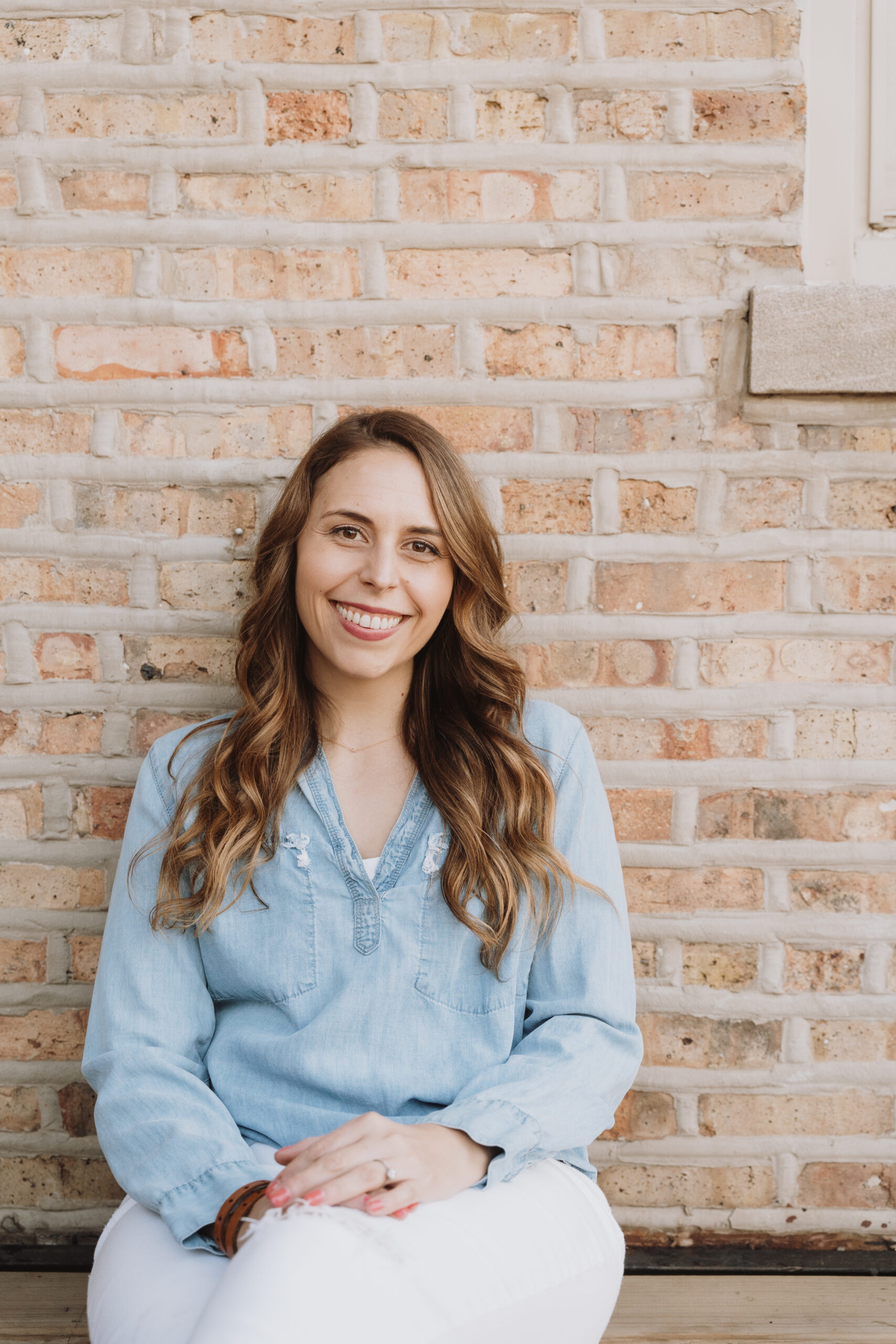If you’ve ever felt guilty after eating, you’re not alone. Many of us have experienced that nagging sense of wrongdoing when it comes to our food choices. The truth is, though, that food isn’t a moral issue. It’s not a matter of right or wrong.
How To Break Free From Food Guilt
If you’ve ever experienced the burden of food guilt, it’s time to cast it aside and embark on a journey toward a more nourishing and guilt-free relationship with what you eat. It all begins with a change of mindset, and in this blog post, we’ll equip you with the tools to break free from the chains of food guilt and discover the path to true food freedom.
Understanding Food Guilt
The first step in overcoming food guilt is realizing that you can’t do food ‘wrong.’ Feeling guilty about what you eat doesn’t help and, in fact, makes things worse. It’s like having an energy-draining friend who offers no good advice and leaves you feeling stuck in a cycle of guilt and self-doubt, which isn’t good for your overall well-being.
Changing Your Thoughts About Weight
Guilt about food often links to concerns about your weight and how you feel about your body. But here’s the thing: worrying about your weight won’t make your life happier or better. To help yourself let go of these worries, try thinking differently:
- “I don’t need to stress about my weight to have the life I want.”
- “Focusing on my weight doesn’t actually change it.”
- “Blaming myself for my weight doesn’t help, and it doesn’t make me feel good.”
These new ways of thinking can work like a breath of fresh air for your mindset. When you realize that worrying about your weight doesn’t make your life better or happier, it’s like stepping out of a stuffy room into the sunshine.
Feeling More Relaxed About Food
If you want to break free from guilt after eating, you need to relax about food. Being anxious about what you’ve eaten takes away the enjoyment of food. So, remember these thoughts:
- “I don’t want to be anxious about food; that’s not the life I want.”
- “Feeling guilty after eating takes away the joy of food.”
- “I don’t need to feel guilty after eating. I didn’t do anything wrong.”
With these thoughts by your side, mealtime transforms into a more peaceful experience. You’re free from the weight of guilt, and you can fully enjoy your food without second-guessing yourself. This peaceful relationship with food allows you to reconnect with the pleasure of eating and nourishing your body. It enables you to eat with mindfulness, gratitude, and joy, knowing that you don’t need to carry the burden of food guilt any longer.
The Magic of Changing How You Think
Changing your actions starts with changing how you think. When you change how you think about food and your body, you can change how you feel, which means you’ll experience guilt about food less often. It’s important to know that this process will take time and practice. The more you challenge those hurtful thoughts and replace them with kinder ones, the less often you’ll feel guilty about food.
Embracing Food Freedom
Here’s the secret: As long as you believe there’s a ‘right’ and ‘wrong’ way to eat, you’ll stay trapped in a cycle of hating your body, feeling guilty about food, and being weighed down by diet culture. Real food freedom starts when you stop thinking of eating as a moral issue. There’s no ‘right’ or ‘wrong’ way to eat; it’s not just black and white.
So, set yourself free from judging your food choices, and you’ll find the freedom to enjoy a balanced and guilt-free relationship with food. It’s time to say goodbye to guilt and welcome the joy of nourishing your body in a way that feels right for you.
10 Things To Add To Your Coping Box
Just so you know, I do review everything I recommend. When you buy through links on this page, we may earn a commission.
An emotional coping box, also known as a self-soothe or comfort box, is a personalized collection of items that can help individuals cope with difficult emotions, stress, or challenging situations. It’s a tangible and accessible resource that provides comfort and distraction during moments of distress. Here are 10 things you can consider adding to your emotional coping box:
Include items that bring you comfort, such as a soft blanket, stuffed animal, or cozy socks. These tactile objects can provide a sense of security and grounding.
Write down or print out affirmations and positive quotes that resonate with you. Reading these affirmations can help shift your mindset and promote self-compassion.
Incorporate items that engage your senses, such as scented candles, essential oils, or stress-relief lotion. Pleasant scents can have a calming effect.
Include small items like stress balls, fidget spinners, or textured toys. These can serve as a physical outlet for nervous energy and help redirect focus.
Keep a journal or notebook to write down your thoughts, feelings, and reflections. Journaling can be a therapeutic way to express and process emotions.
Include pictures of loved ones, happy memories, or items that hold sentimental value. Visual reminders of positive experiences can bring comfort and perspective.
Guided Relaxation or Meditation Resources
Include a small audio player or device with pre-loaded guided relaxation or meditation sessions. These can help you practice mindfulness and manage stress.
Playlist of Uplifting Music
Create a playlist of music that brings you joy or relaxation. Music has the power to influence mood, and having a go-to playlist can be a quick mood booster.
List of Coping Strategies
Write down a list of healthy coping strategies that work for you. This could include deep breathing exercises, progressive muscle relaxation, or simple activities that bring you a sense of peace.
Remember, the contents of your emotional coping box should be tailored to your preferences and needs. Regularly review and update the items to ensure they remain effective for you over time. The goal is to have a readily available toolkit that supports your emotional well-being during challenging moments.
Ryann Nicole
Licensed Therapist, Certified Nutritionist, and Virtual Wellness Coach
Ryann is a licensed therapist and virtual wellness coach who has assisted individuals worldwide in establishing a healthier relationship with food and their bodies.
Are You Ready to Heal Your Relationship With Food?
I understand—it can be overwhelming to figure out where to begin. Let's simplify things and have you start right here:
Why Am I Overeating?
First Steps To Stop Binge Eating
The Food Freedom Lab Podcast
FREE QUIZ
FREE GUIDE
Podcast
the food freedom lab podcast



